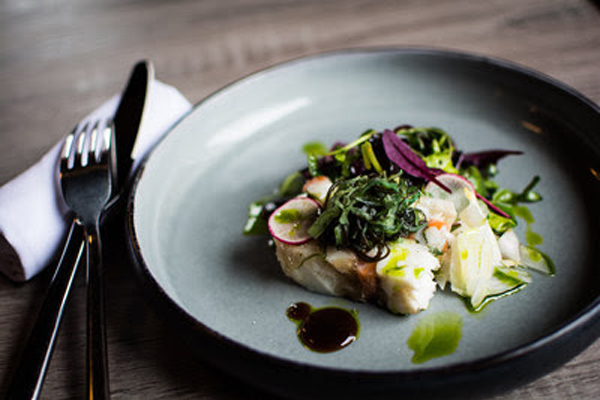Restaurants Canada Releases Raise the Bar Report

The grades are in.
For the fourth time since 2015, Restaurants Canada has given each province a report card on how industry-friendly their liquor policy landscape is for bars and restaurants.
This year’s special COVID-19 edition of the Raise the Bar report highlights how liquor laws and regulations are helping or hurting hard-hit businesses still rebounding from pandemic losses.
Restaurants Canada President and CEO, Roy Little said that: “Bars and restaurants deserve a fair shot at recovery. We’re urging policymakers to take a ‘do no harm’ approach when considering new policies that could further derail their transition from survival to revival. They also need a more even playing field. Licensed foodservice establishments are far too often at a competitive disadvantage with government-run liquor stores, craft breweries and other types of liquor licensees, private retailers, and increasingly with third-party delivery services.”
Bar and restaurant operators from across the country once again had their say in this year’s Raise the Bar report. Responding to a survey conducted at the start of 2022, they told Restaurants Canada that the policy landscape for operating a licensed establishment has improved in about half of all provinces, compared to before the COVID-19 crisis.
When asked if their businesses were profitable, the vast majority said they were either losing money or barely scraping by:
- 38% said they were operating at a loss just to keep their doors open
- About a third of these businesses reported that they will need at least a year for their operations to return to profitability
- Another third said they will need at least a year and a half to become profitable again
- At least 10% said they are considering closing down for good because their business might no longer be viable
- 24% said they were just breaking even
- 11% said they were making a pre-tax profit of less than 2%
While all provinces now allow bars and restaurants to sell alcohol with takeout and delivery orders, licensed establishments often struggle with competitive disadvantages that undermine this new revenue stream. This frustrating predicament was reflected in their survey responses.
Barely half of licensed bar and restaurant operators said their business has benefited from being able to sell alcohol for off-site consumption:
- 51% reported a positive impact
- 39% said the impact has been somewhat positive
- 12% said the impact has been significantly positive
- 45% reported no impact.
Now more than ever is the time for updated laws and regulations reflecting the operational realities of today’s bar and beverage landscape — most critically, liquor pricing and off-site sales policies that even the playing field for foodservice businesses.
At the federal level, the 2022 budget included an important first step in the right direction for alcohol taxation, with the elimination of the excise duty on low-alcohol beer, which came into effect on July 1.
After years of sustained pressure by Restaurants Canada and industry allies, this dash of hope is appreciated. But the fact that the federal government’s automatic annual escalator on alcohol taxes hasn’t stopped during the pandemic has made conditions worse for bars and restaurants still fighting for survival.
At the provincial level, all jurisdictions fulfilled Restaurants Canada’s request to permit alcohol sales with takeout and delivery orders, which has helped licensed establishments pivot their operations during the pandemic. Even more significantly, most provinces have either introduced or expanded discounted licensee pricing policies in the wake of COVID-19. But unfortunately progress on this critical issue has been uneven across the country.
As for what measures are still needed to raise the bar for licensed establishments, Restaurants Canada is recommending that all provinces either implement or keep in place the following measures:
- Make wholesale or discounted pricing available to all liquor licensees, for all types of beverage alcohol products. Licensed establishments now have access to some form of discounted or wholesale liquor pricing in most provinces. But bar and restaurant operators are still paying the same as retail customers, and in some cases even more, when purchasing certain types of beverage alcohol in some provinces.
- Modernize liquor legislation to cut red tape and reflect changing market conditions. Outdated laws and regulations that are out of step with modern business practices are still on the books in every province. Liquor rules have not kept pace with evolving market conditions, leaving licensees poorly positioned to survive and thrive in today’s landscape, let alone prepare for the future.
- Introduce or preserve a liquor server wage. A wage differential for tipped workers allows restaurateurs to allocate more towards higher wages for non-gratuity earning kitchen staff, who are typically harder to attract and retain.
For more, go restaurantscanada.org/resources/raise-the-bar-2022 .
Tags:


